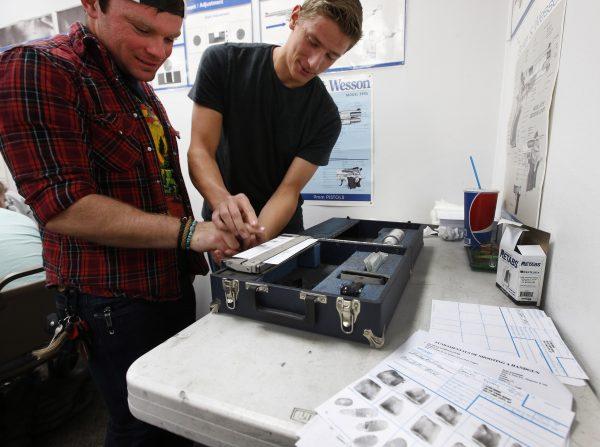Concealed carry insurance providers have witnessed a boom across the United States over the past few years.
The insurers have noticed unprecedented growth in applications, amid rising crime rates and a failure to stop criminals since the “Defund the Police” movement took hold in 2020, has driven more Americans to buy firearms for self-defense.





